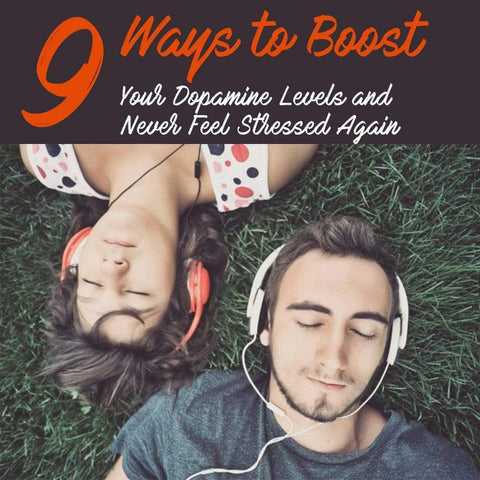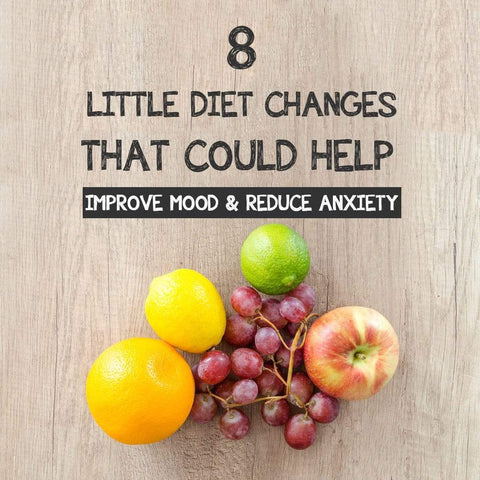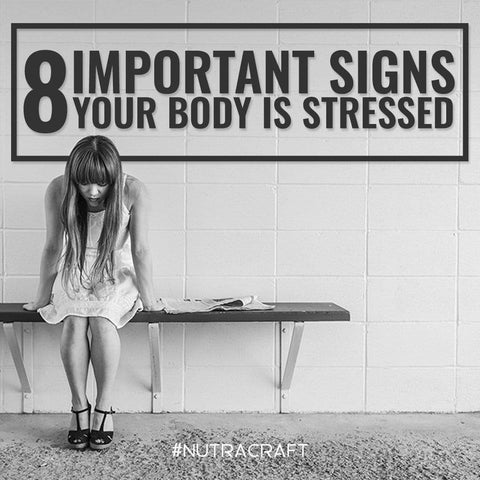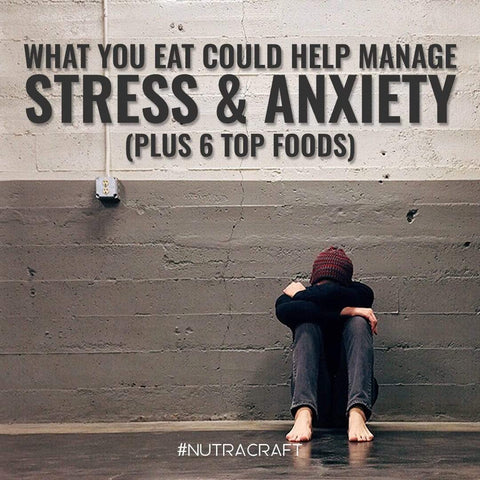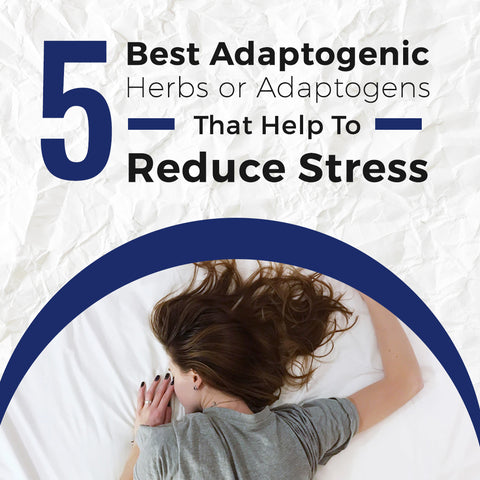
Eating the right foods is the foundation for good health. So why wouldn’t the effects of diet extend to brain health?
Well, they do!
Plenty of research demonstrates that what you eat affects your mood and your ability to handle stress and anxiety.
Our tense modern world needs help in fighting widespread anxiety. An estimated 40 million Americans have an anxiety disorder, and many are on anti-anxiety medication 1. Chronic anxiety is a big threat to our health and quality of life.
Considering that pharmaceutical drugs can have short-term and long-term side effects, we’re lucky that there are safer natural options out there. Enter food!
You Choose: Good-Mood Food Or Bad Food
The foods you eat have profound chemical effects on your body!
They contain vitamins, minerals, amino acids, antioxidants, and other ingredients that can help you to feel good, and not stressed or anxious.
Other foods, however, can contain irritating chemicals that contribute to stress and low moods.
We’ll look at which foods you should avoid and those that can help you feel calm and happy.
Foods to Eat
1. Fruits and Veggies

Studies show a correlation between higher fruit and veggie consumption and good mood/lower stress 2†.
Many compounds in plants improve brain health and reduce inflammation that can lead to feeling down and stressed 3†. Also, some antioxidants in fruits and veggies can have antidepressant effects because they increase feel-good neurotransmitters 3†!
2. Fish
Although you should stay away from larger fish that have lots of heavy metals in them (like halibut, tuna, marlin), small fish like sardines, anchovies, or healthy fish like wild salmon can be great for your brain.
Fats you find in seafood (EPA and DHA) are critical for the proper structure of neurons in your brain, the cells that receive neurotransmitters that help you feel good. Fats from fish can also blunt stress in your body 4.
Fish is also rich in vitamin D, which your brain needs to synthesize serotonin, a neurotransmitter that keeps you calm [9].
Exclusive Bonus! Download the FREE report ‘How To Naturally Reduce Stress & Anxiety In 3 Simple Steps’ by clicking here.
3. Fermented Foods (Like Kimchi or Sauerkraut)
Fermented veggies contain lots of probiotics (good bacteria) which actually synthesize feel-good neurotransmitters in your gut and keep down the inflammation that lowers your mood.
Research shows that probiotics can have anti-anxiety effects in humans and animals 5.
4. Beans

=Beans help keep you serene for some of the same reasons that fermented foods do. They lower inflammation and help the probiotics in your gut flourish. No wonder beans help lower anxiety 5†.
5. Green Tea
You drink it most of the time, not eat it, but green tea is both relaxing and uplifting.
The moderate amount of caffeine stimulates the brain, and the L-theanine amino acid balances the effects of the caffeine by putting the brain into a relaxed state 7. You’ll also have a much lower risk of feeling depressed if you drink 2-3 cups a day 8.
6. Nuts
The healthy omega 3 fats and high levels of magnesium in nuts help feed your brain. Magnesium deficiency is associated with anxiety, and magnesium supplementation has been evidenced to calm people 9†. Magnesium also can lower stress hormones that contribute to stress and anxiety 10†.
Food to Avoid
Along with putting the right foods in, it’s also important to keep foods out of your diet that can make you feel stressed and anxious. Here are a few of the most important foods to avoid.
1. Processed, Sugary Foods

No one needs the dramatic climbs and dives of high and low blood sugar caused by processed foods like candy, desserts, and soft drinks. Your mood will suffer, and you’ll be more likely to get stressed if your blood sugar isn’t staying stable.
And indeed, sweets have been correlated with anxiety 13†.
2. Too Much Meat
If you’re stressed, limit how much meat you eat. Don’t eat it at every meal. Try to eat it sparingly because it can spike the stress hormone cortisol 14,15†.
Having high cortisol fuels stress, anxiety, and the resulting low mood.
3. Energy Drinks And Soft Drinks

Many mainstream energy drinks are filled with tons of sugar and enormous amounts of caffeine. The mixture of those two things can promote stress. Caffeine can pump up your stress hormone cortisol and so can sugar 16,17! Not a good mix!
Dealing with unpredictable mood swings, high anxiety, or stress?
You don’t have to resort to questionable anti-psychotic prescription drugs to find relief.
You can help calm your body naturally by following some simple lifestyle changes, eating the right kinds of foods, and taking natural remedies.
What are they?
Nutritionist Evan Burns has created a FREE report which reveals an easy-to-follow 3-step process toward reducing stress, calming anxiety, and eliminating mood swings and irritability.





